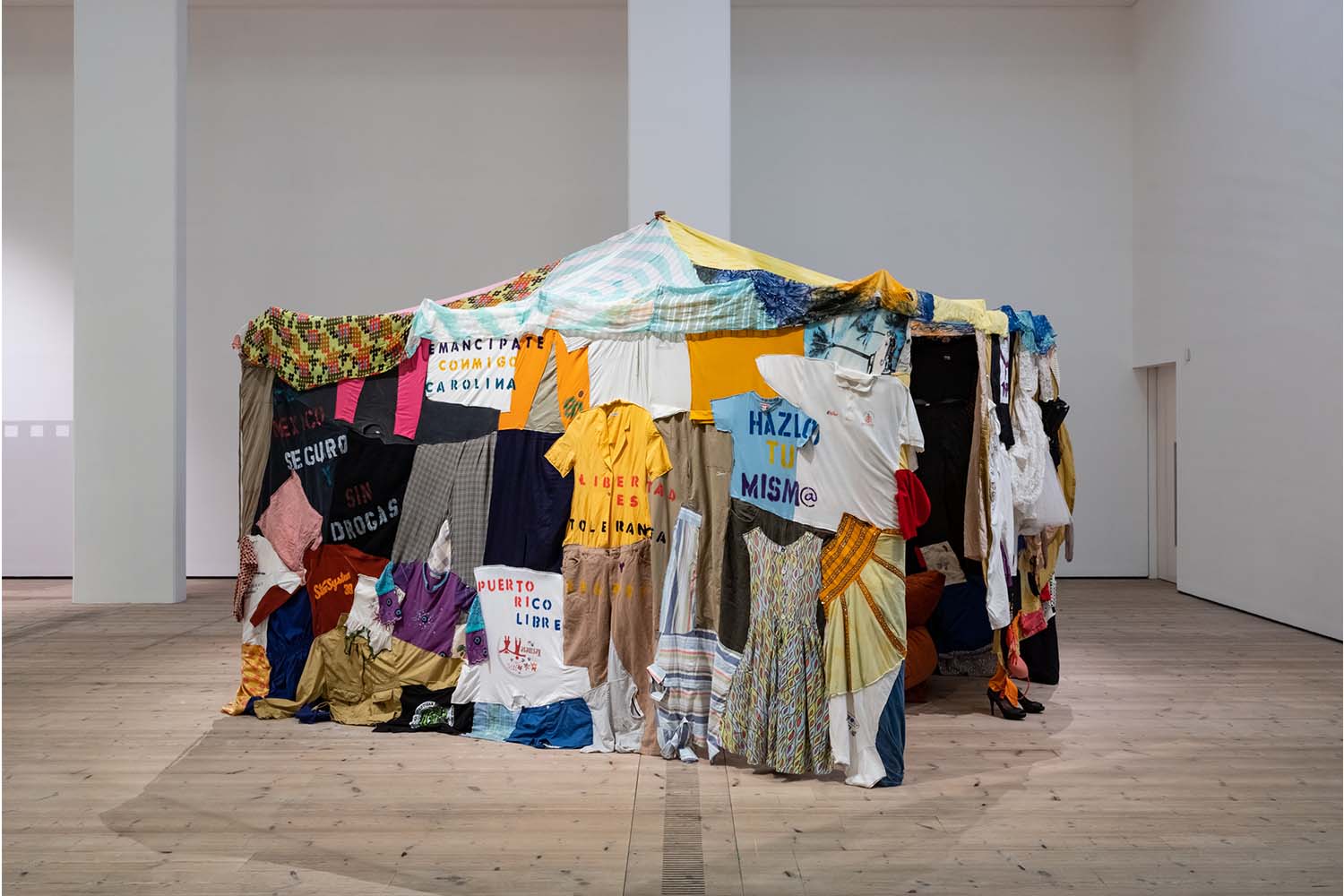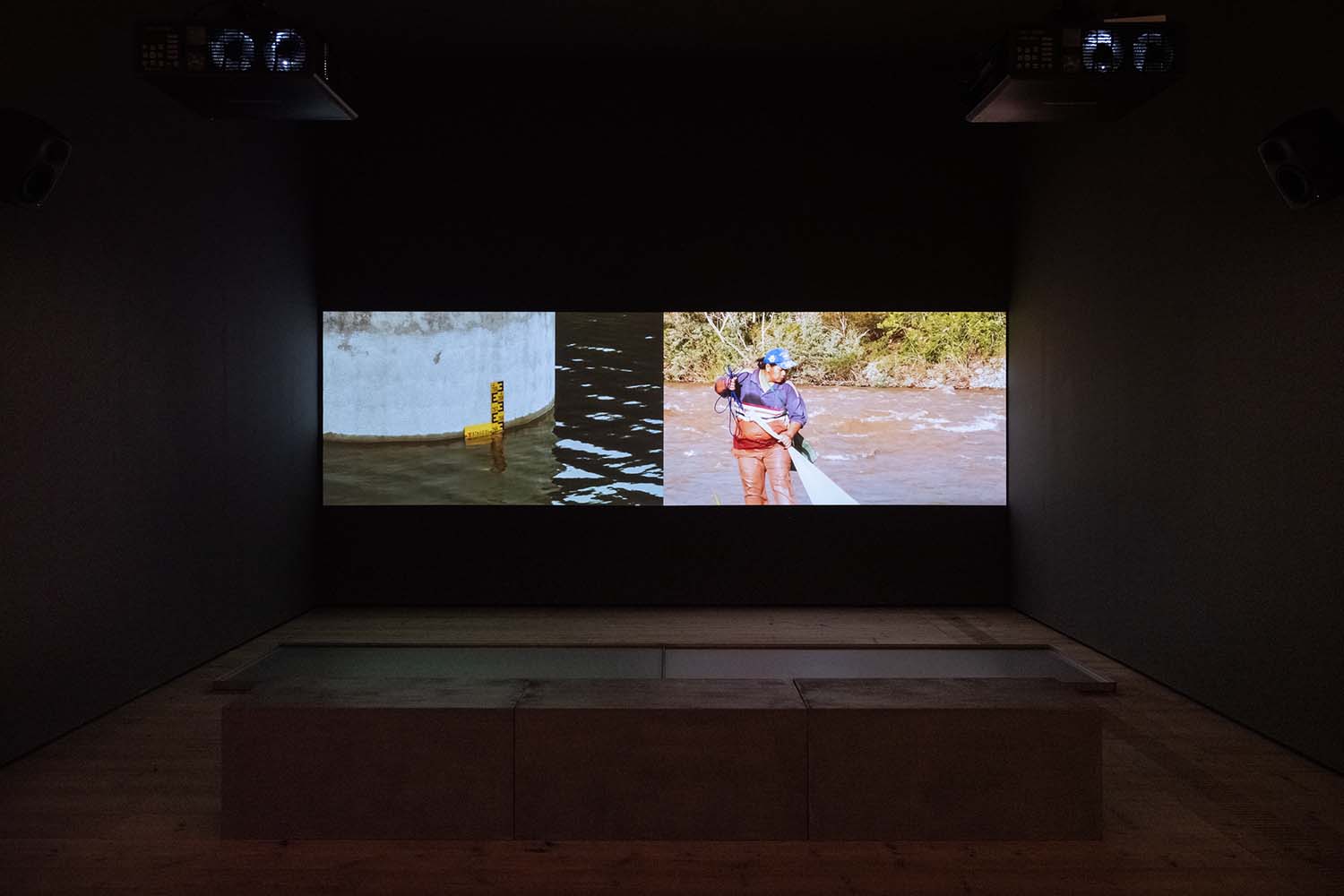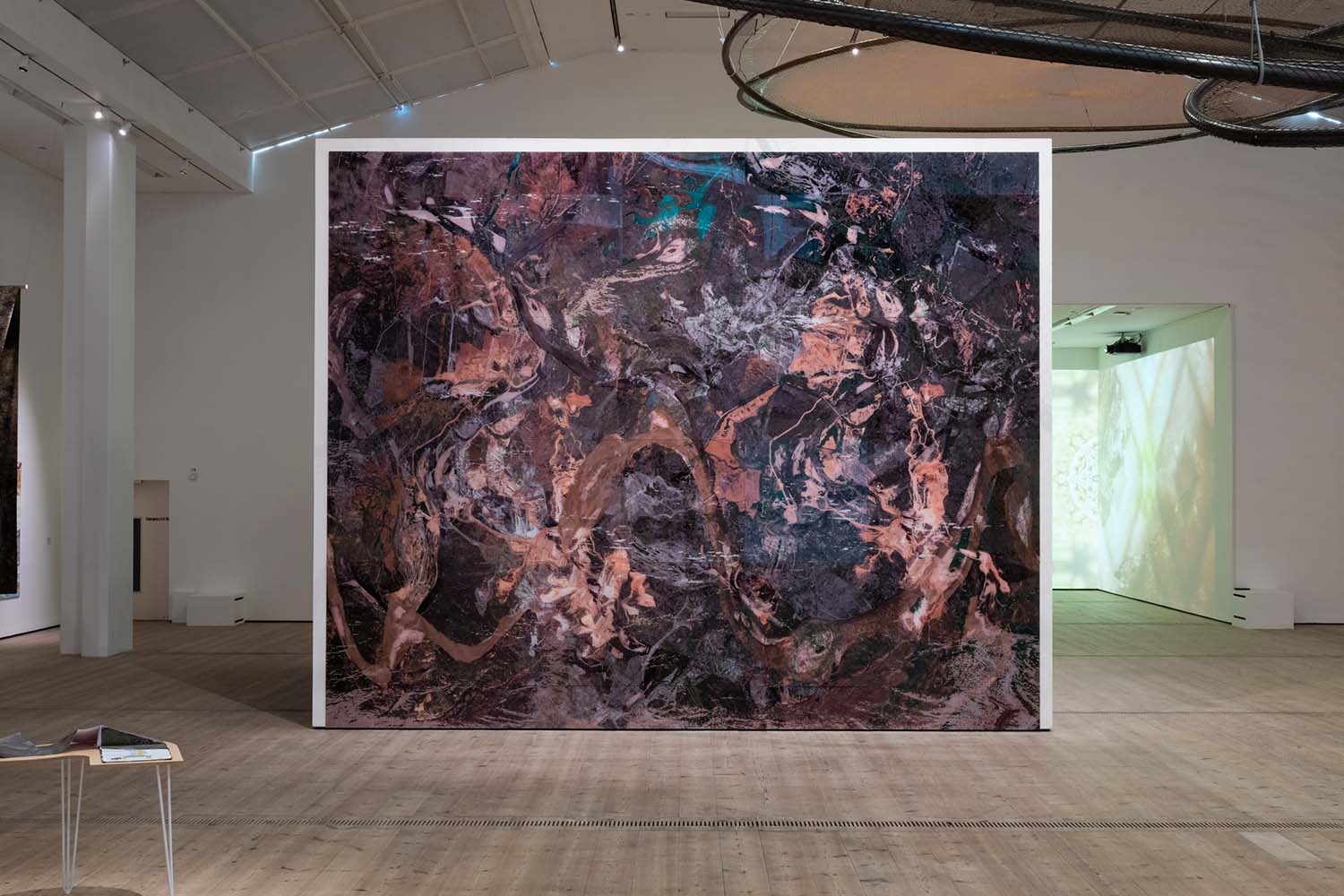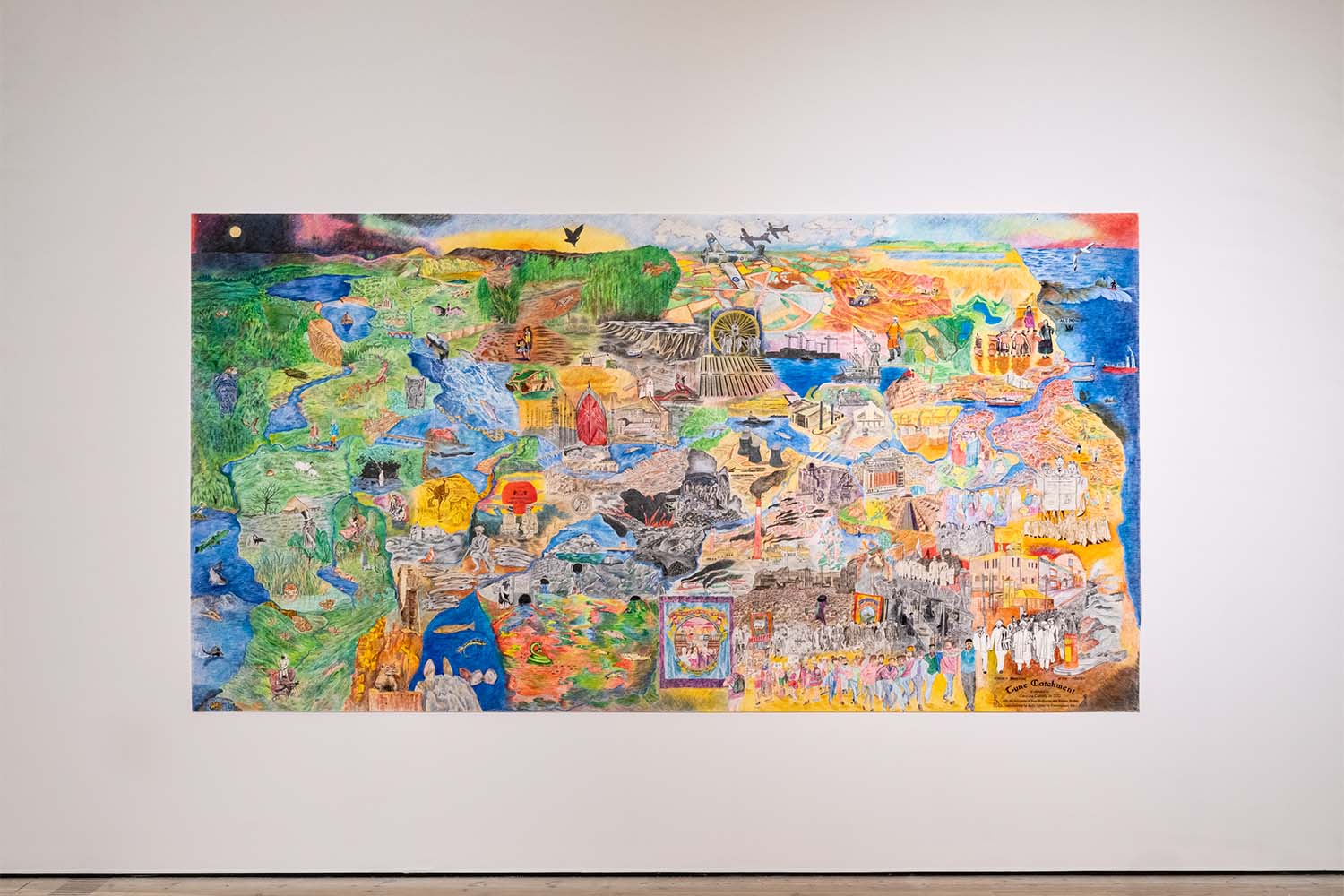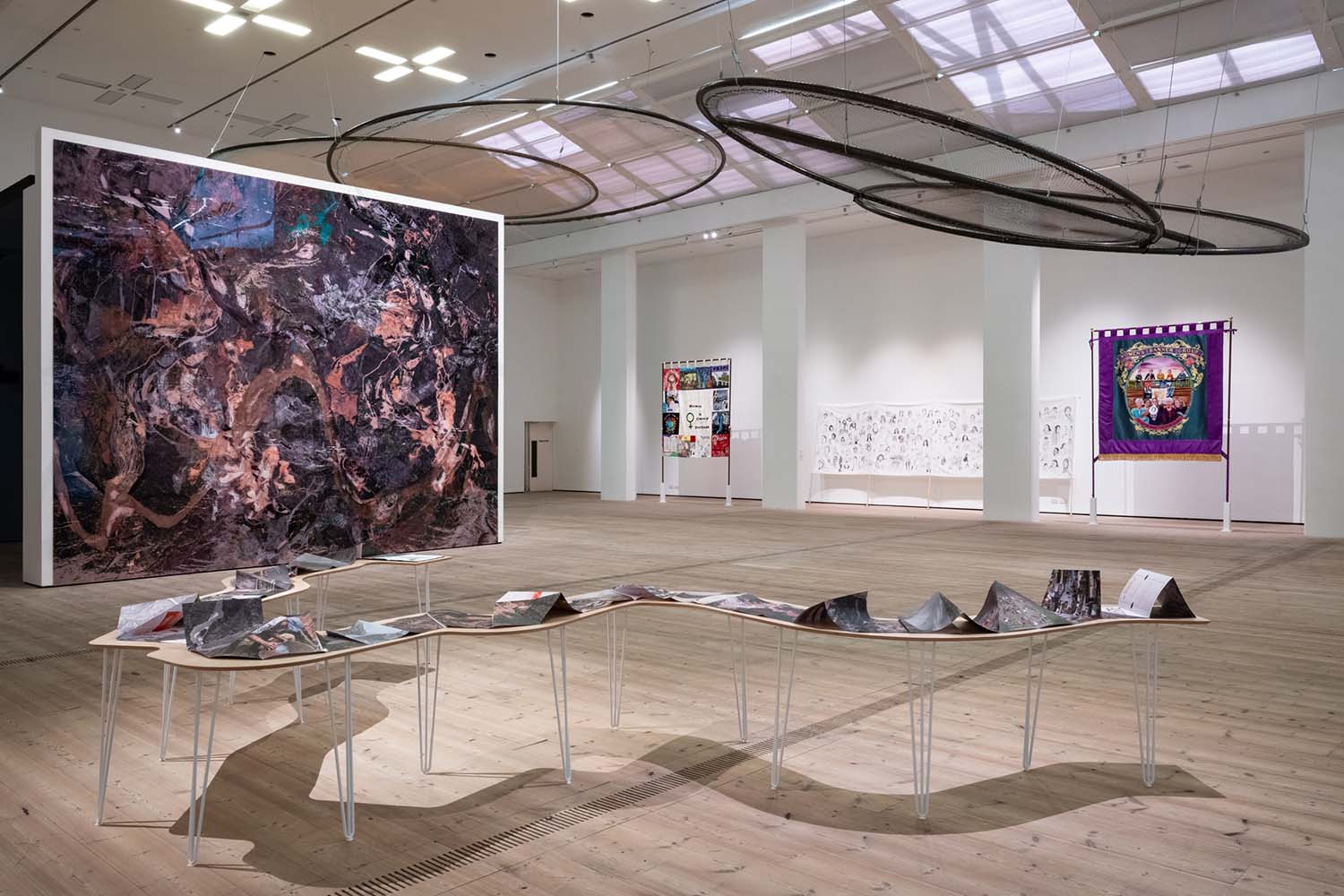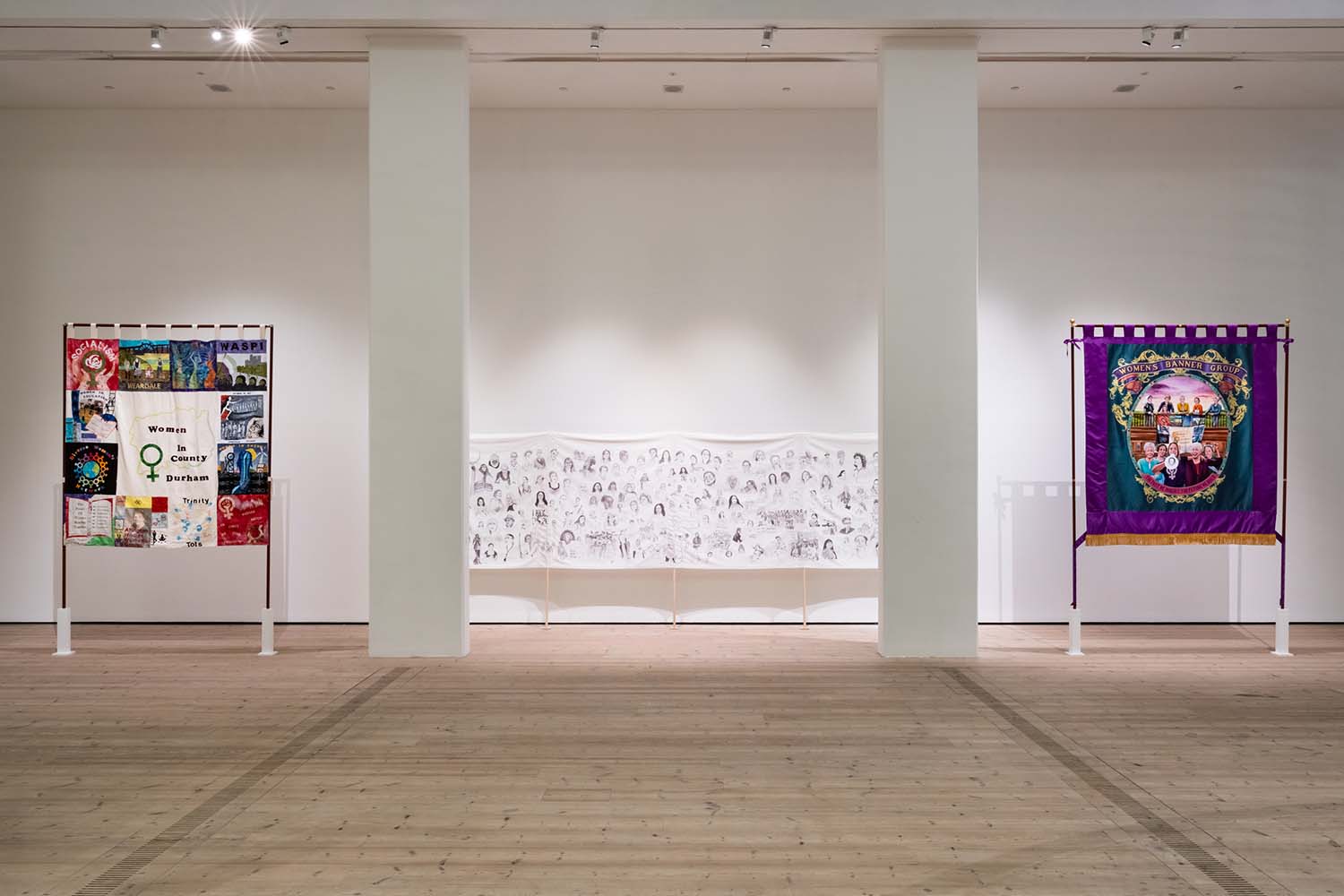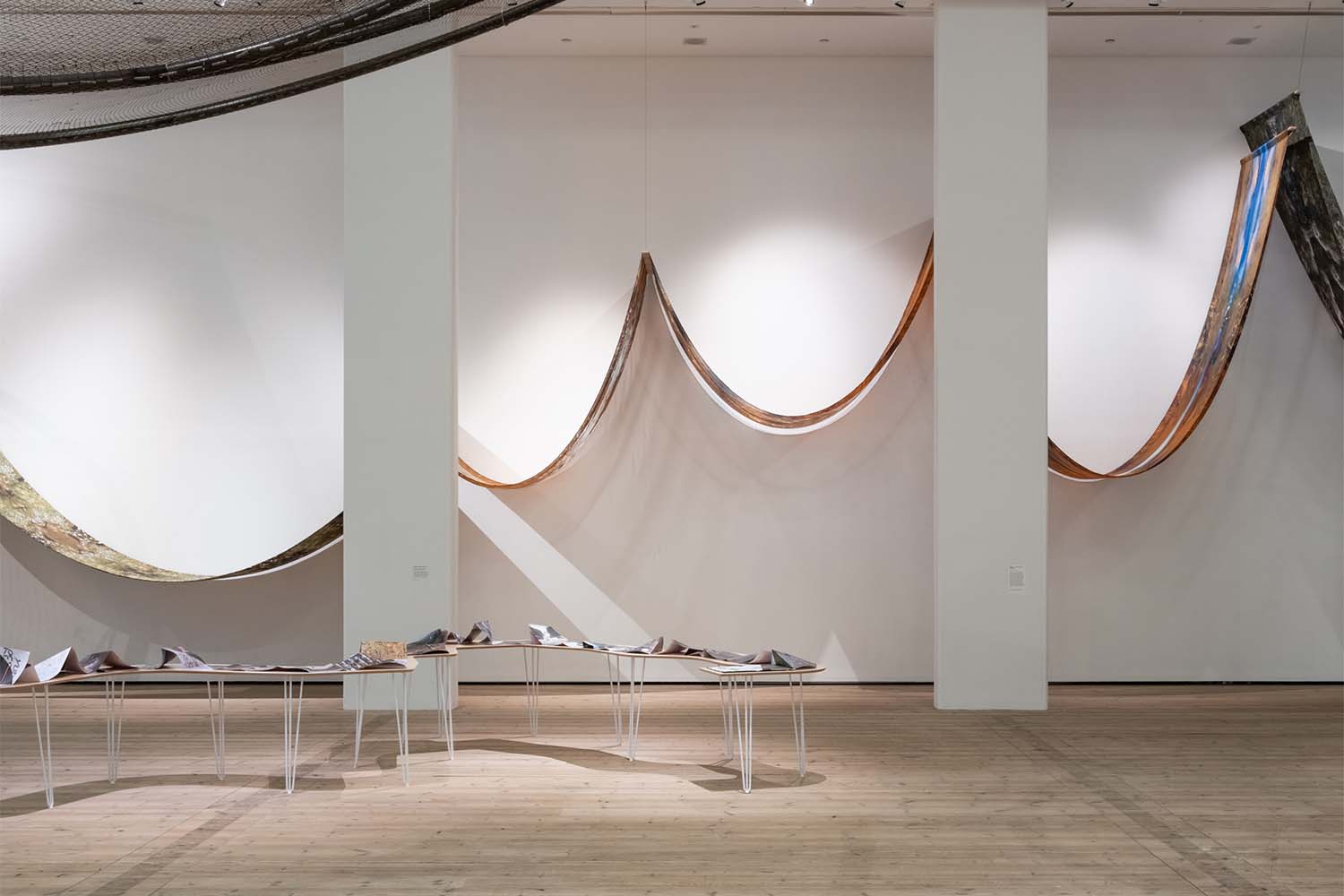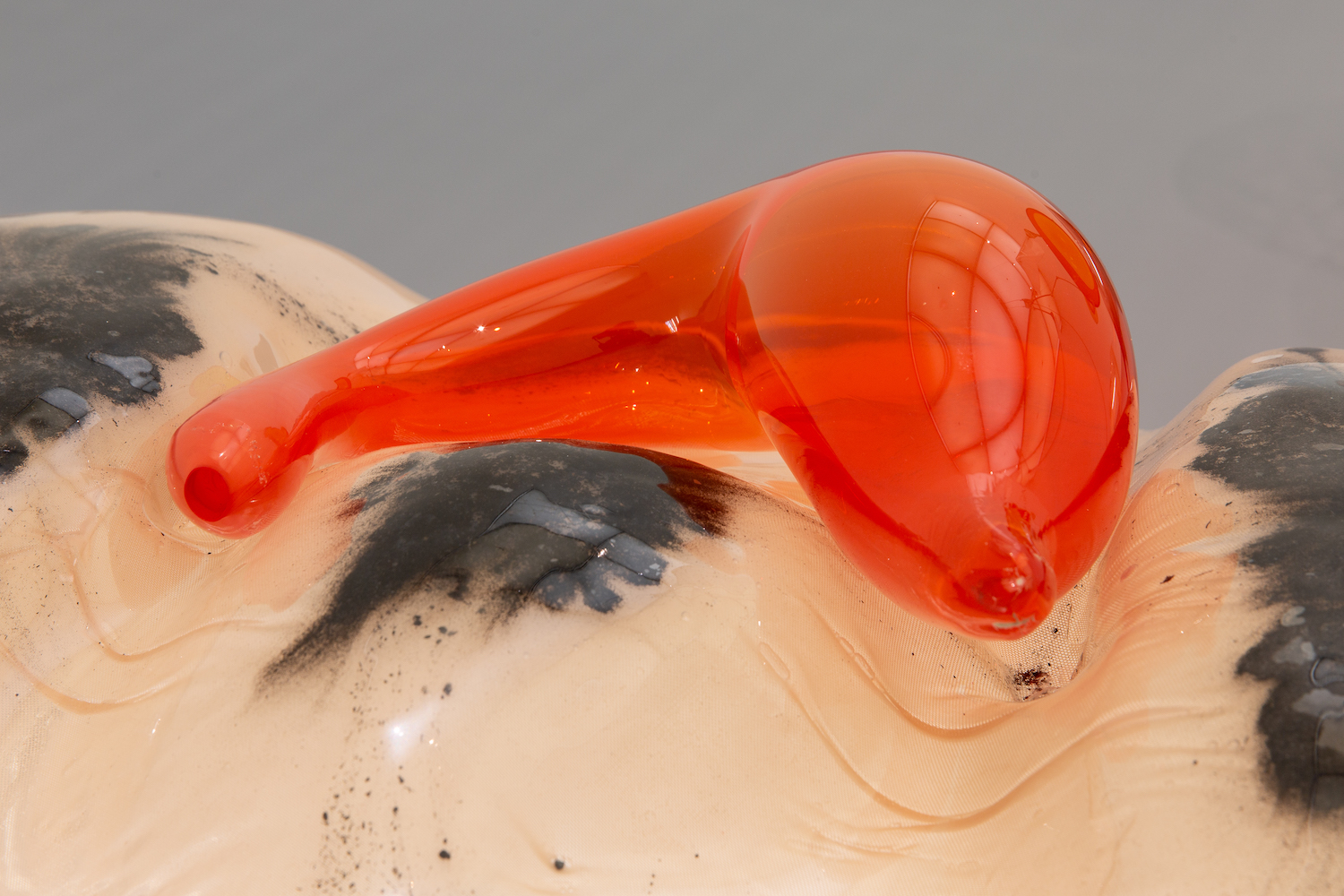London-born Colombian artist Carolina Caycedo presents her first major survey in Europe, exploring environmental justice through sculptural installations, drawings and film. Caycedo’s artworks examine the social and environmental impact of harnessing rivers to generate power.
Carolina Caycedo makes work that addresses environmental justice, just energy transition and cultural and environmental biodiversity. Through her studio practice and fieldwork with communities impacted by large-scale infrastructure and other extraction projects, she invites viewers to consider the unsustainable pace of growth under capitalism and how we might embrace resistance and solidarity.
Process and participation are central to Caycedo’s practice, bringing a collective dimension through performances, photographs and videos. Her work contributes to the construction of environmental memory as a fundamental space for climate and social justice. It challenges us to understand nature not as a resource to be exploited, but as a living and spiritual entity that unites people beyond borders.
For Caycedo’s first survey exhibition in Europe, BALTIC presents an overview of her artistic practice over the past twenty years, alongside a new commission titled Tyne Catchment (2022), inspired by the River Tyne, which expands her ongoing River Book series. The exhibition will feature works from major series including Be Dammed (2012–ongoing), a multimedia project that examines the impact of hydroelectric dams and other major infrastructure projects on communities and the environment.
Caycedo’s work contributes to the construction of environmental historical memory, as a fundamental element for non-repetition of violence against human and non-human entities. She participates in movements of territorial resistance, solidarity economies, and housing as a human right, and works with groups and communities affected by extractivist projects involving the construction of dams and the privatisation of bodies of water to generate debate about environmental justice.

